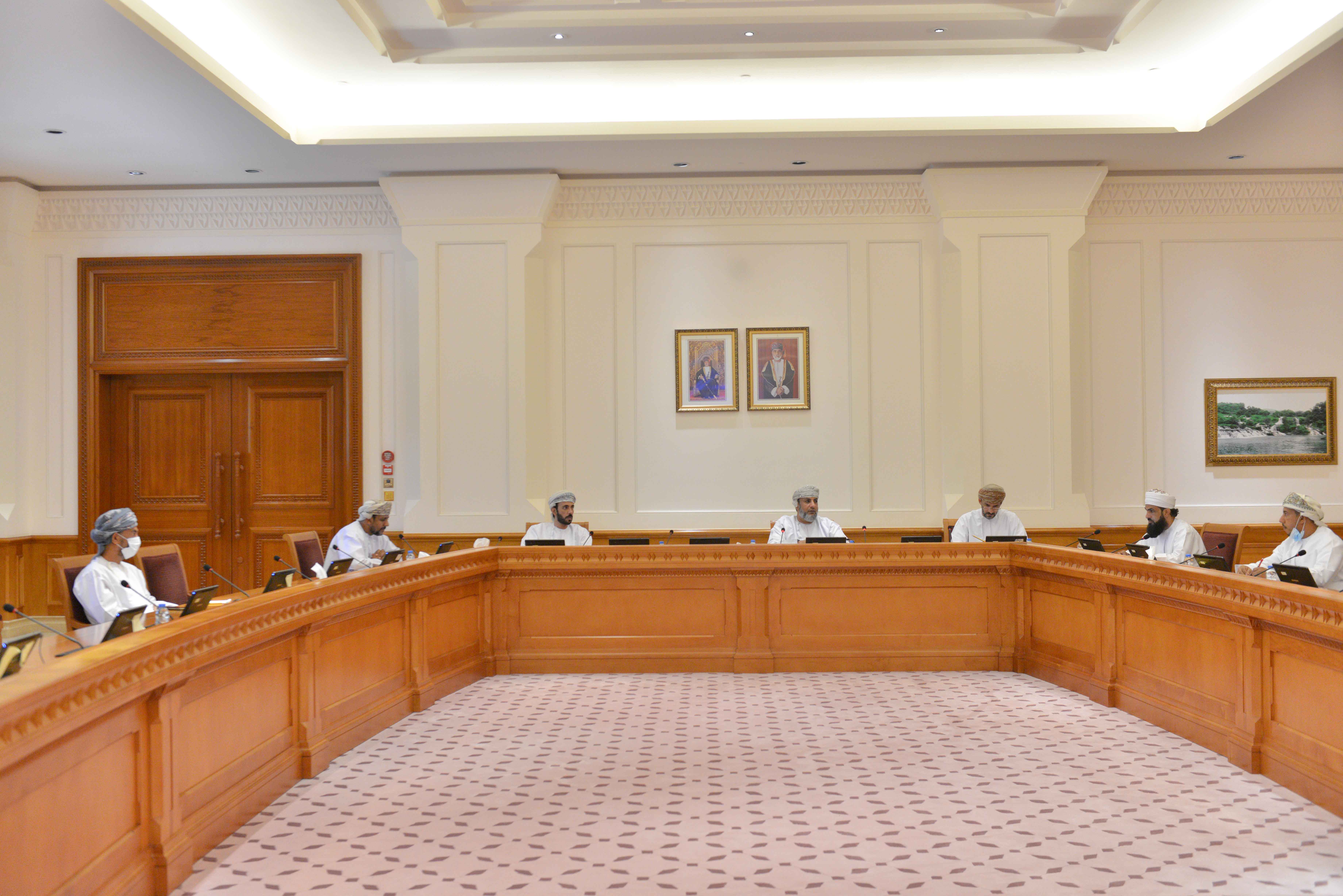
Muscat: To help Oman’s economy remain stable during the uncertain times brought about by the COVID-19 pandemic, the Majlis Al Shura has proposed changes to the Labour Law that will benefit workers in the country.
The changes were suggested after a team from the Shura Council’s Youth and Human Resources Committee studied the Labour Law, which has since received approval from the Majlis.
After the existing Labour Law was issued in 2003, the market experienced major shifts, which led to individual and groups of workers facing problems with their employers, with the law unable to keep pace with the current labour situation.
The vision of the Youth and Human Resources Committee was drafted into suggestions, owing to the need to review the law in line with the developments taking place, especially in light of the coming industrial revolutions, based on Article 58, Section 36 of the Basic Law of the State and Article 128 of the Shura Council’s internal regulations.
This came during the meeting of the team formed to study the proposal for the first periodic amendment during the first annual session (2019-2020) under the chairmanship of Younis bin Ali Al Mandhari, Chairman of the Committee, and in the presence team members.
The team also put forward during its meeting, many justifications that called for proposing these draft amendments, the most important of which is the weakness of keeping pace with the current law with policies and major shifts in the labour market, and the emergence of some legal loopholes in it that led to several problems in the labour market, such as the emergence of the phenomenon of layoffs and unfair dismissal of workers in the private sector, as well as harm to their labour rights.
It was also realised that the current law does not provide full protection and job security for workers in the private sector, and it does not provide an attractive environment for work in the private sector, especially in light of the increasing number of job seekers.
The Youth and Human Resources Committee of the Council, represented by the team assigned to study the proposal, seeks to improve and regulate the Omani labour market and its impact on the private sector, protect the rights of workers employed in this sector, and maintain the stability of the work relationship between all of the parties involved, in addition to creating an attractive environment for Omani youth to work.